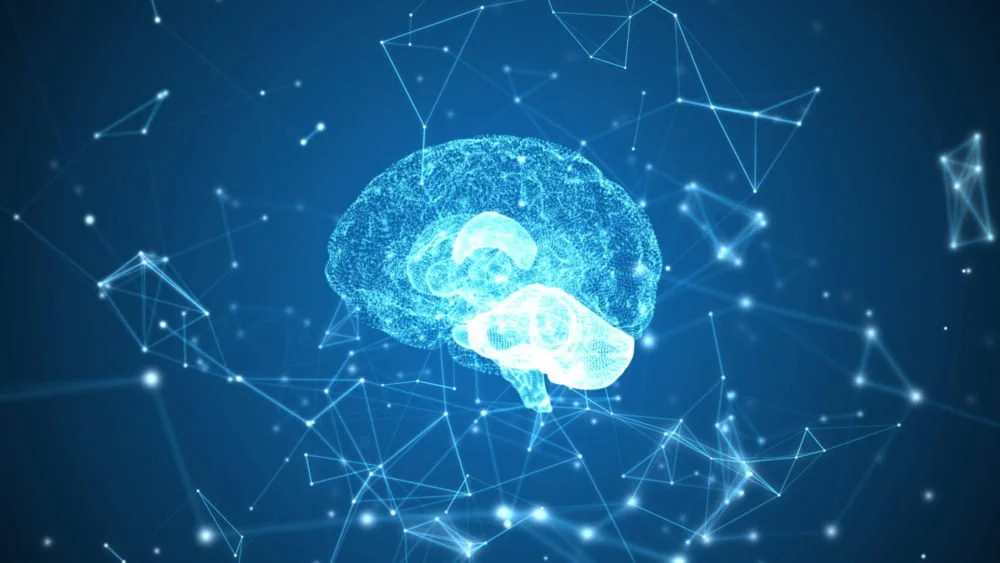Once upon a time, there was a man named John who had always been interested in music but had never played an instrument. One day, he decided to take up the guitar and started taking lessons. At first, he struggled to learn the basic chords and felt discouraged by his slow progress.
However, John persisted, practicing for several hours a day and gradually improving his skills. Over time, he began to notice that his fingers moved more easily across the strings and that he could play more complex songs.
As John continued to practice, he was actually creating new neural pathways in his brain. With each repetition of a chord or song, his brain was laying down new connections between the motor and sensory areas, making it easier and more efficient to perform the skill.
Eventually, John became a skilled guitarist, able to play complex songs and improvise on the fly. But the most remarkable thing was that he didn't have to think about the individual movements of his fingers anymore - they had become automatic, ingrained in his muscle memory through the creation of new neural pathways.
Through his journey as a guitarist, John had not only developed a new skill but had also rewired his brain in the process. The creation of new neural pathways had allowed him to master a new skill and opened up new avenues of creativity and self-expression.
This story illustrates the power of neuroplasticity and the creation of new neural pathways in the brain. With effort, practice, and patience, it is possible to develop new skills and abilities and to rewire the brain in the process.
Neuroplasticity is the brain's ability to create new neural pathways and reorganize existing ones in response to changes in the environment or behavior. Here are some ways to create new neural pathways:
Learn something new: Learning a new skill, such as a language or a musical instrument, can stimulate the brain and create new neural pathways. This can be done through formal classes or self-directed learning.
Engage in challenging activities: Activities that are mentally and physically challenging, such as puzzles, games, or sports, can help to stimulate the brain and create new neural connections.
Practice regularly: Repeated practice of a skill or activity can help to reinforce new neural pathways and make them stronger.
Use visualization and mental rehearsal: Imagining oneself performing a skill or activity can help to create new neural pathways and improve performance.
Make connections between different areas: Making connections between different areas of knowledge or skill can help to create new neural pathways and enhance overall learning and performance.
Get enough sleep: Sleep is essential for consolidating new neural connections and promoting overall brain health.
The amount of time it takes to create new neural pathways in the brain can vary depending on a number of factors, including the individual, the complexity of the task, and the amount of practice involved. However, research suggests that it can take several weeks to several months of consistent practice to create lasting changes in the brain.
One study published in the journal NeuroImage found that people who learned a new skill, such as juggling, showed changes in the brain's white matter structure after six weeks of practice. Another study published in the Journal of Neuroscience found that participants who learned to play a complex video game showed changes in the brain's gray matter after two months of practice.
The process of creating new neural pathways is thought to involve a process called neurogenesis, in which new neurons are generated in the brain. This process is influenced by a number of factors, including physical exercise, diet, and cognitive stimulation.
Overall, the creation of new neural pathways requires consistent and focused practice over a period of weeks or months. With time and effort, the brain can reorganize itself and create new connections, leading to improved skills and abilities.
